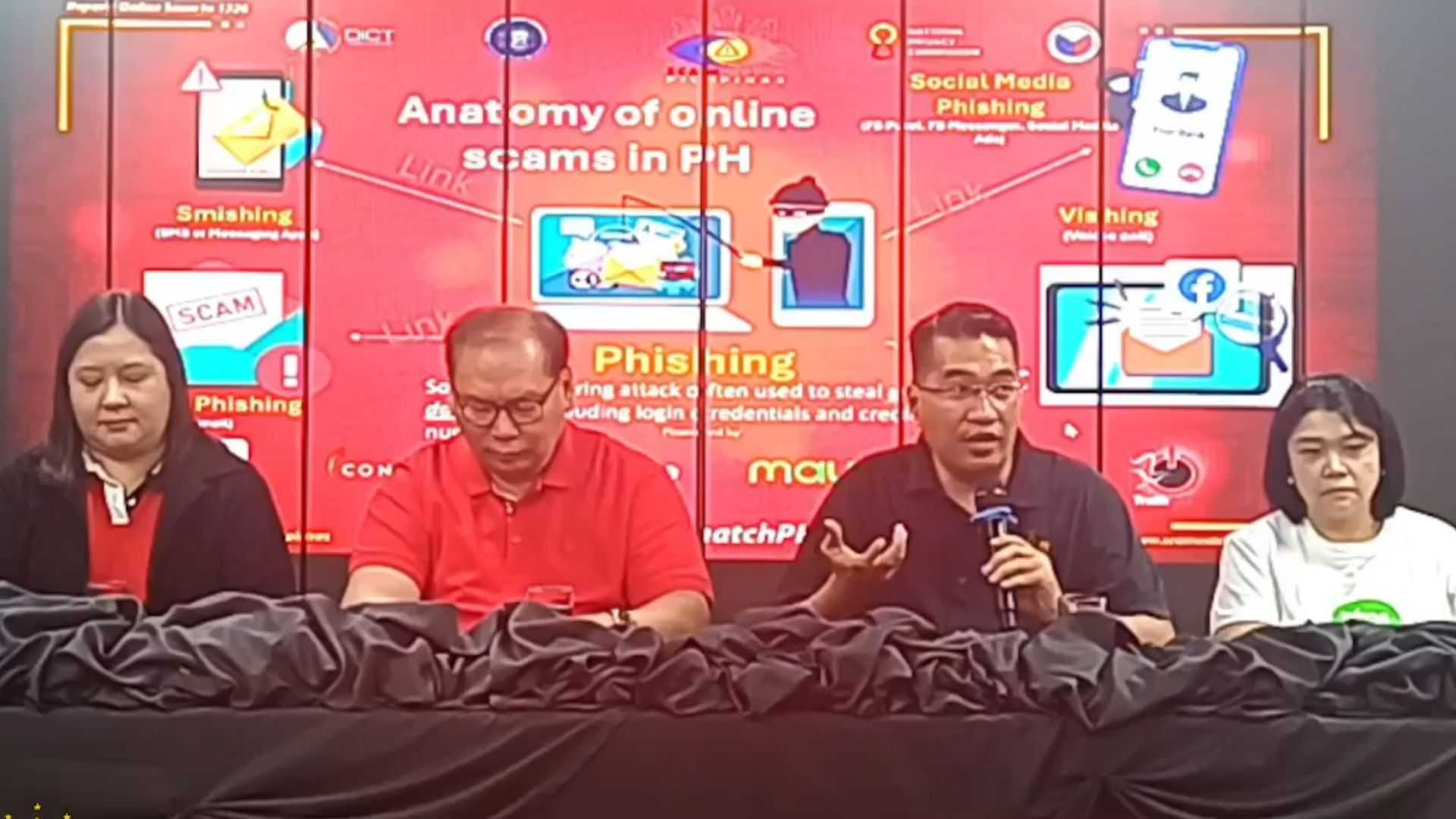

The Cybercrime Investigation and Coordinating Center (CICC) on Wednesday issued a warning about the potential rise in love scam cases as Valentine’s Day draws near, rolling out an awareness campaign in collaboration with private partners to combat the issue.
During the launch of the #UnmatchPH2025: Educating Filipinos Against Love Scams campaign, Scam Watch Pilipinas Co-Founder and Co-Lead Convenor Jocel de Guzman discussed various tactics used in love scams, including the "sad boi, sad gurl" approach, where scammers fabricate a sad life story to evoke pity and eventually ask for money.
Another tactic mentioned is the "seducer" approach, where scammers use highly attractive profile pictures, share and request private information, initiate conversations with a sexual tone, and ask for nude photos, which they could potentially use for blackmail.
The "serviceman" tactic, which often targets middle-aged women, involves claiming to search for a long-term partner and asking for financial help.
Furthermore, the public is also cautioned about the 'escort' tactic, where the scammer may feature an extremely attractive profile picture, engage in open-minded conversations, send very sexy or even nude photos, and request money before a meet-up.
The 'predator' tactic targets young women, requesting nude photos and insisting on a meet-up. The final tactic, known as 'slow burn,' plays the long game, manipulating victims overtime before eventually asking for money.
Love scams typically begin on dating apps, where virtual trust and confidence are established, leading to a mistaken sense of love and eventually resulting in loan or investment scams.
Moreover, six ways to spot a love scammer were discussed, and they are as follows:
- Photos are too perfect to be true
- No verification symbol
- No social media account
- Refuses video call
- Doesn't want to meet
- Asks for money
Meanwhile, CICC Executive Director Usec Alexander Ramos urged the public to report any love scams they encounter through the hotline 1326.




